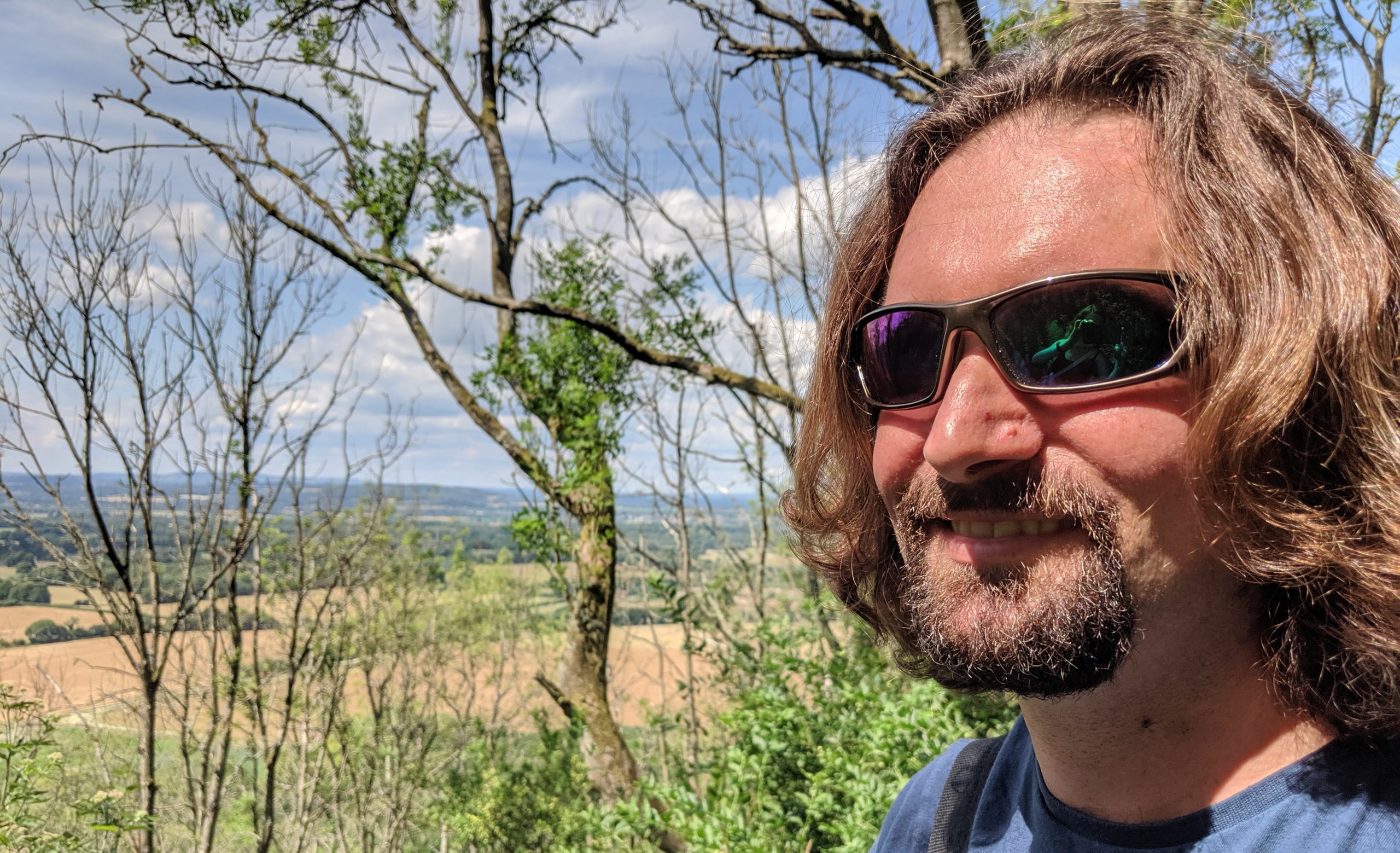As Yonatan Zunger says, because internet.
h/t Alexandra Riecke-Gonzales
Originally shared by Yonatan Zunger
This video goes out to all those working in science.
First of all, if you aren’t familiar with acapellascience, Tim Blais is one of the best things on the Internet: he makes songs about science, but pretty serious science. (I can’t even explain Bohemian Gravity properly without explaining half of string theory)
But this song is different, because it isn’t about science — it’s about the process of doing science, and specifically, about the moral choices we have to make as scientists.
One of the things you grow up with as a scientist is the moment your particular field first knew evil. The phrasing sounds a bit dramatic, but it’s actually something people in each profession use and learn. Chemistry, for example, was one of the first to know this, with the invention of dynamite. It revolutionized mining and construction – and also warfare. Its inventor’s guilt over the consequences of his work were such that he gave his fortune at death to the furtherance of the peaceful uses of science; the Nobel Prize is funded by his estate.
Chemistry encountered it a second time during World War I, with the invention of modern chemical weapons. Fritz Haber was one of the great chemists of the early twentieth century; his process for making ammonia is the reason we have synthetic fertilizers today. The number of lives that it’s saved from starvation is hard to guess. But during the war, he turned his talents to darker and darker purposes, not only developing the science but personally supervising its weaponization and deployment. The story of his descent, his wife’s suicide, and his ultimate exile and death is the stuff that tragedy is made of.
Physics had its contact with death a few years later. It’s no exaggeration to say that every physicist alive today works in the shadow of the Manhattan Project; not only did it shape the way that large-scale physics is done (the idea of the “large-scale lab,” for example, came out of that), but from the day of Trinity on, no physicist could ever work without being aware that their work has the ability to be turned to dark ends.
Biology is starting to have its contact with darkness; the bio-weapons of the Cold War frightened everyone profoundly, but they were never used (thank all the gods), and so the scars from those don’t run as deep. But the scars left behind by eugenics (which was part of medicine’s contact with evil; but medicine has seen much more of it than anyone, perhaps) have started to resurface today, and you can’t talk about genetics without realizing in your bones the uses to which it could be put if misused.
Does this mean that science is wrong? No, of course not. These sciences have saved and improved lives in so many ways that it’s hard to count: chemistry and biology have given us food security, physics energy, computation, and flight, chemistry materials, biology medicine, and the list could continue forever.
But scientists live their lives in awareness of the ways in which their work could be misused. And in this song, Blais takes that on directly:
You gotta choose, yourself how to use it
The knowledge you hold and
Don’t ever let a letter go
You only get one shot to stop
And one chance to know
Responsibility comes once you’re a science guy, yo!
So this song is for all my friends in science, and in all the other fields whose works can save the world or destroy it. Think every day about the ethics and the morals of the choices you make: will the things you do be misused? Can you use your science to make the world a better place?
And know when you’re making those calls, that you’re not alone, and you’ve got a rapping string theorist to sing along with you. Because the Internet.
Extra references:
Bohemian Gravity: https://www.youtube.com/watch?v=2rjbtsX7twc
Fritz Haber’s life: https://en.wikipedia.org/?title=Fritz_Haber
If you want to know about the Manhattan Project, or in general if you care about history, science, or good writing, do yourself a favor and read The Making of the Atomic Bomb, by Richard Rhodes: https://books.google.com/books/about/Making_of_the_Atomic_Bomb.html?id=aSgFMMNQ6G4C . It’s one of the most engrossing history books you’ll ever read.

